Philanthropy and Volunteerism
Adele Lewisohn Lehman
Adele Lewisohn Lehman was a significant figure in the history of New York City philanthropy who was primarily involved in causes benefiting disabled people and children. A donor and fund-raiser, she also served as an administrator or board member for many agencies, including the East Side Free School for Crippled Children and the New York Board of Charities.
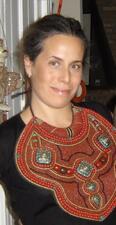
Amy Lehman
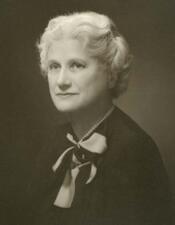
Edith Altschul Lehman
Known to many as the cultured wife of one of New York’s most popular governors and senators, Edith Altschul Lehman was in her own right a passionate social activist and philanthropist. She funded endeavors from building schools in Israel to creating a children’s zoo in Central Park.
Jennie Davidson Levitt
Jennie Davidson Levitt, daughter of Jewish philanthropists Saul and Mary (Cohen) Davidson, continued her family’s tradition of activism and philanthropy with her work for Jewish organizations. She helped rescue Jewish children during the war, and later lobbied for better medical and psychiatric services.
Adele Rosenwald Levy
Adele Rosenwald Levy used her affluence to promote public-spirited philanthropy and Jewish causes in the years surrounding World War II.
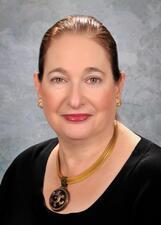
Sandy Levy
Irene Lewisohn
Irene Lewisohn was a Jewish philanthropist whose devotion to the arts led to the formation of the Neighborhood Playhouse and the Museum of Costume Art (now part of the Metropolitan Museum of Art). Her involvement in these and other social and philanthropic activities make her an important figure in New York’s cultural history.
Margaret Seligman Lewisohn
Margaret Seligman Lewisohn—education advocate, philanthropist, art collector, and college trustee—did not just give generously to education causes. As the head of the Public Education Association, Lewisohn helped make the community as passionate about education as she was.
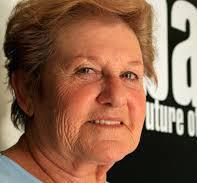
Helen Lieberman
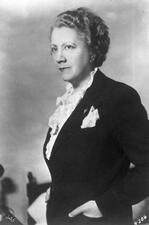
Irma Levy Lindheim
Irma Levy Lindheim was a colorful American Zionist millionaire, fund-raiser, and educator. Called “the grandmother” of the kibbutz for helping found and sustain multiple kibbutzim, Irma Levy Lindheim also made phenomenal contributions to fundraising and organizational efforts to create and maintain the fledgling State of Israel.
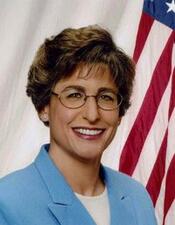
Linda Lingle
Linda Lingle was only the second Jewish woman to be elected a United States governor when she became governor of Hawaii in 2002. Previously serving on the Maui County Council and as Maui’s mayor, Lingle became Hawaii’s first woman and Jewish governor when she was elected.
Alice Springer Fleisher Liveright
Social worker Alice Springer Fleisher Liveright devoted much of her life to working for equal rights for women and African Americans, and for social welfare for children and poor adults. Passionate in her quest for social justice, she served as president of the Juvenile Aid Society, president of the Philadelphia Conference of Social Work, and as the Pennsylvania State Secretary of Welfare.
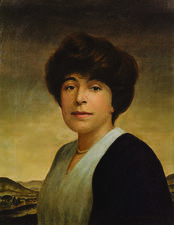
Adeline Moses Loeb
Johanna Loeb

Lisa Loeb
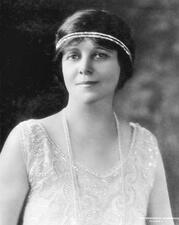
Sophie Irene Simon Loeb
At a time when widowed mothers often had no way to support their children, Sophie Irene Simon Loeb helped create support systems for needy children and their mothers. Loeb was one of many women to enter the political arena through reform work, using her life experience and a personalized approach.
Sadie Loewith
Fannie Eller Lorber
When her community became a mecca for adults suffering from tuberculosis, Fannie Eller Lorber created a Jewish children’s home for those who had no one else to care for them. Lorber epitomized the volunteer spirit of urban Jewish women in the American West.
Frieda Lorber
Frieda Levin Lorber made a name for herself as a prominent lawyer in the mid twentieth century and helped other women rise in the profession in New York and worldwide.
Minnie Dessau Louis
Minnie Low
Known as the “Jane Addams of the Jews,” Minnie Low was a leader in the Jewish social service community. At a time when social work usually meant wealthy people donating to the poor, Low pushed for new kinds of aid such as vocational training and loans that made the needy self–sufficient.
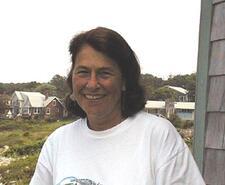
Sally Mack
Emma B. Mandl
Emma B. Mandl immigrated to the United States at age fifteen and helped found the Baron Hirsch Women’s Club, a major Chicago philanthropic organization. Through the club, where she served as president, Mandl created and led vital institutions for Jewish East European immigrants in Chicago, from orphanages to trade schools to tuberculosis wards.
Regina Margareten
Regina Margareten was hailed as the “Matzah Queen” and the “matriarch of the kosher food industry” for both her business sense and her innovations to improve the quality of her products.
Etta Wedell Mastbaum
Etta Wedell Mastbaum was the scion of a prominent nineteenth- and twentieth-century Philadelphia family. A philanthropist, department store executive, art collector, and director of a national chain of motion picture theaters, Mastbaum donated a collection of Rodin sculptures and ephemera to the city of Philadelphia.


